United Nations : India will be taking over as chair of the UN Security Council’s Counter-Terrorism Committee (CTC) next year, which will help in building from the gains of the ministerial briefing on counter terrorism held on Thursday, External Affairs Minister S. Jaishankar said here.
“India will be chairing the UNSC Counter Terrorism Committee. We are taking over from Tunisia in 2022, and we hope to build on the gains from today’s meetings during the chairmanship of the CTC,” he said in remarks at the media stakeout on Thursday.
The CTC, established in the wake of the 9/11 terror attacks in the US, works to bolster the ability of UN member states to prevent terrorist acts both within their borders and across regions.
Its focus areas include countering the financing of terrorism, border security and arms trafficking, law enforcement, legal issues, human rights, integrating gender into counter terrorism, countering violent extremism and terrorist narratives, information and communication technologies, foreign terrorist fighters and counter terrorism strategies.
Jaishankar said he was happy to note that “a very strong, substantive, clear press statement has been adopted by the Council that outlines many of the key concerns, especially the need to ensure a strict check on terror financing and bringing the perpetrators of terror attacks to justice”.
He said that during the deliberations of the briefing on ‘Threats to International Peace and Security caused by Terrorist Acts’, “all the UNSC members with one voice endorsed a zero tolerance approach to terrorism in all its forms and manifestations”.
“We are clear that there cannot be double standards (on terrorism), and distinctions are really made at our collective peril,” he noted.
Jaishankar said the briefing was very timely as the world would be observing the fourth International Day of Remembrance and Tribute to Victims of Terrorism in two days.
“And as a country which has borne the brunt of cross border terrorism, this will be and has been a priority issue for India, and certainly will be one in our Security Council membership,” he added.
Jaishankar said he had reiterated for the Council members India’s eight-point action plan “which encourages member states to collectively build on some of the principles we have put forward”.
The eight points are Summon the political will: don’t justify terrorism; don’t glorify terrorists; No double standards. Terrorists are terrorists; distinctions are made only at our own peril; Don’t place blocks and holds on listing requests without any reason.
Discourage exclusivist thinking and be on guard against new terminologies and false priorities, recognise the linkage to organized crime, and support and strengthen the Financial Action Task Force and provide greater funding to UN Office of Counter Terrorism.
He said that India also believes that the swift adoption of the Comprehensive Convention on International Terrorism at the UN is key to global counter terrorism efforts.
To a question on Lashkar-e-Taiba and the Jaish-e-Mohammed, he said that India has “made it very clear that we have had unfortunately a long experience with cross border terrorism, we are not the only country which has had it, other countries have had it too, I mentioned Afghanistan as an example. I mentioned the groups, JeM and LeT, and I think this is a continuing issue, and we made the point very strongly. It’s important therefore that there are no double standards, that there are no distinctions– terrorism is terrorism.”
He said with Thursday’s deliberations the three signature initiatives of India’s month-long presidency — on maritime security, technology and peacekeeping and counter terrorism – “have been successfully completed”.
“All three have had substantive and forward looking council products.”
In the press statement issued after the briefing, the Council urged all member states to fulfil their obligations, as part of the Council resolutions, to criminalize the financing of terrorism, as well as to build further the capacity of their financial oversight and regulatory systems in order to deny ISIL (Da’esh) and its financiers the space to exploit and raise funds.
“The members of the Security Council further reaffirmed that Member States must ensure that all measures undertaken to counter the financing of terrorism comply with their obligations under international law, including international humanitarian law, international human rights law and international refugee law,” the press statement said.
The emphasis on terror financing in the press statement is an indirect reference to Pakistan’s financing of terrorism, which India has been pointing out.
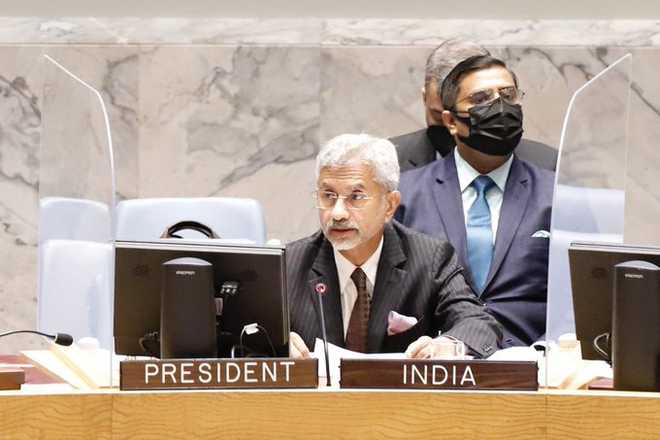



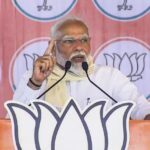
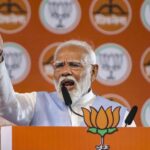

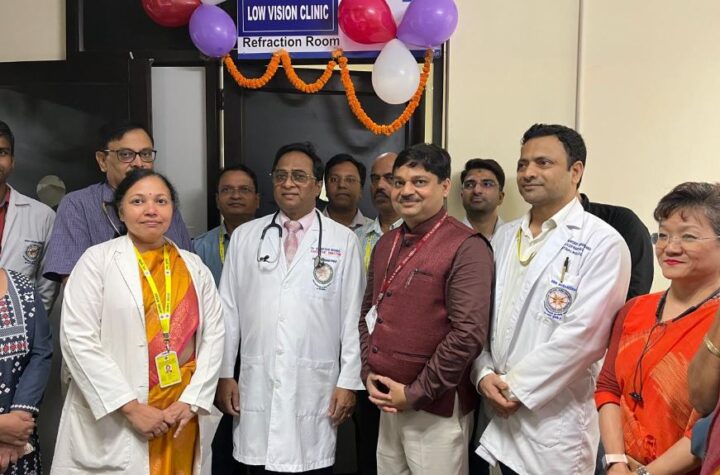

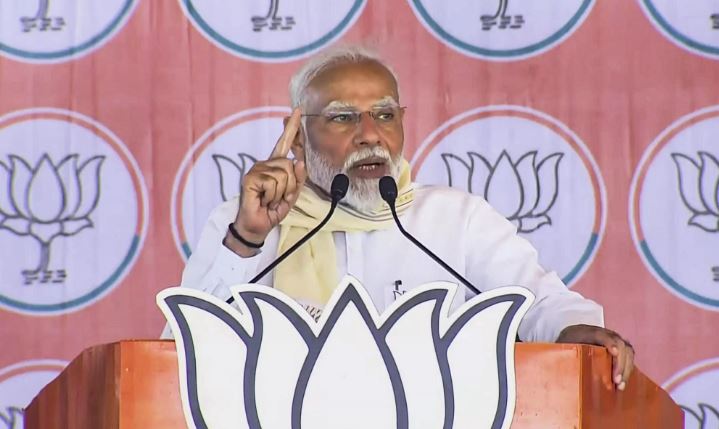
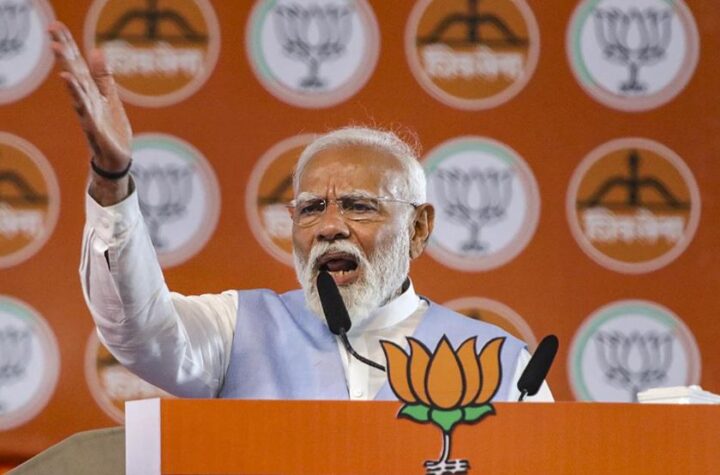
More Stories
Low vision clinic inaugurated at AIIMS Bhubaneswar
Urban education programme comes in handy for Odisha’s tribal, dalit kids
Now country ‘aatank’ struggling for ‘aata’: PM